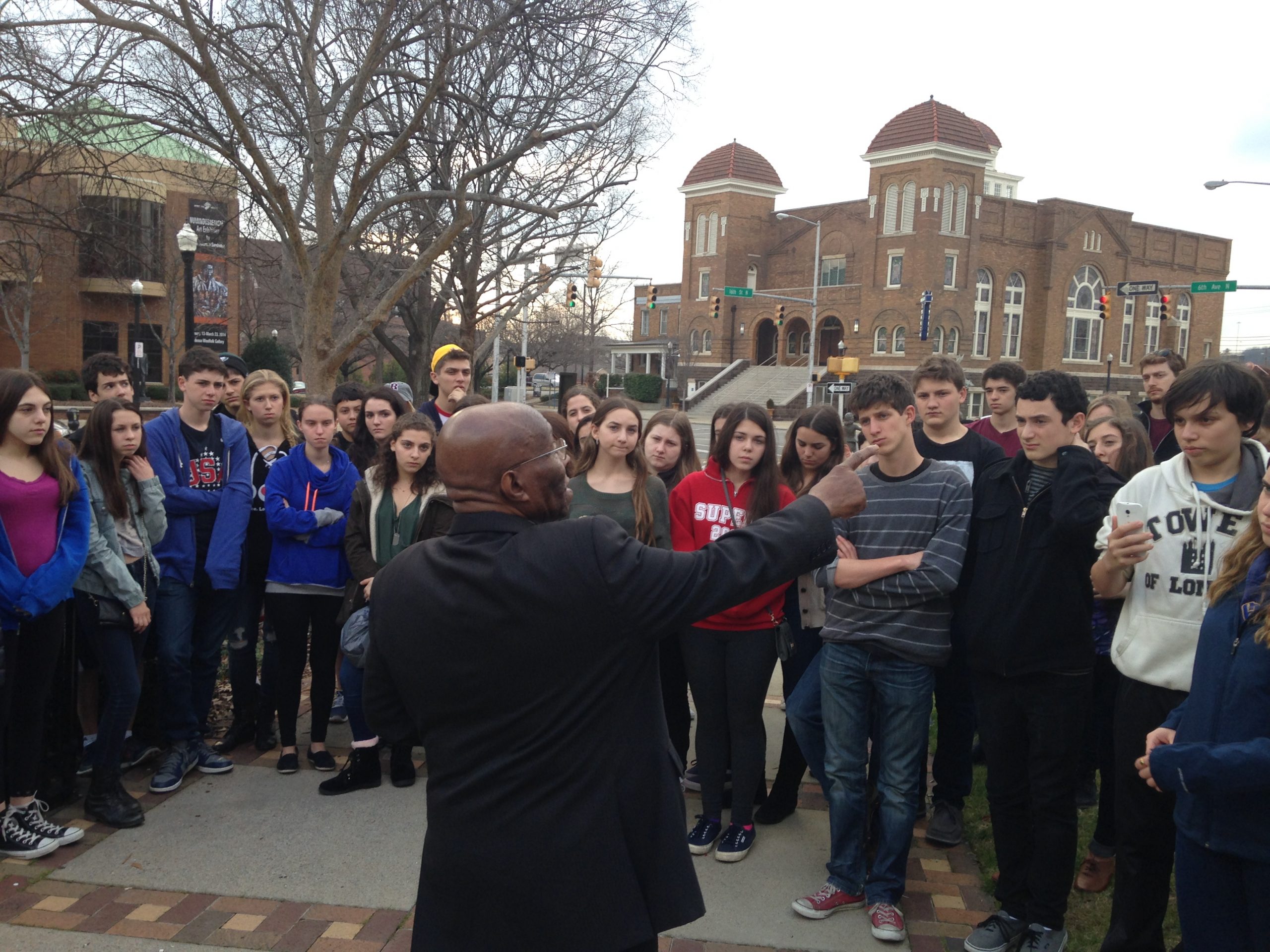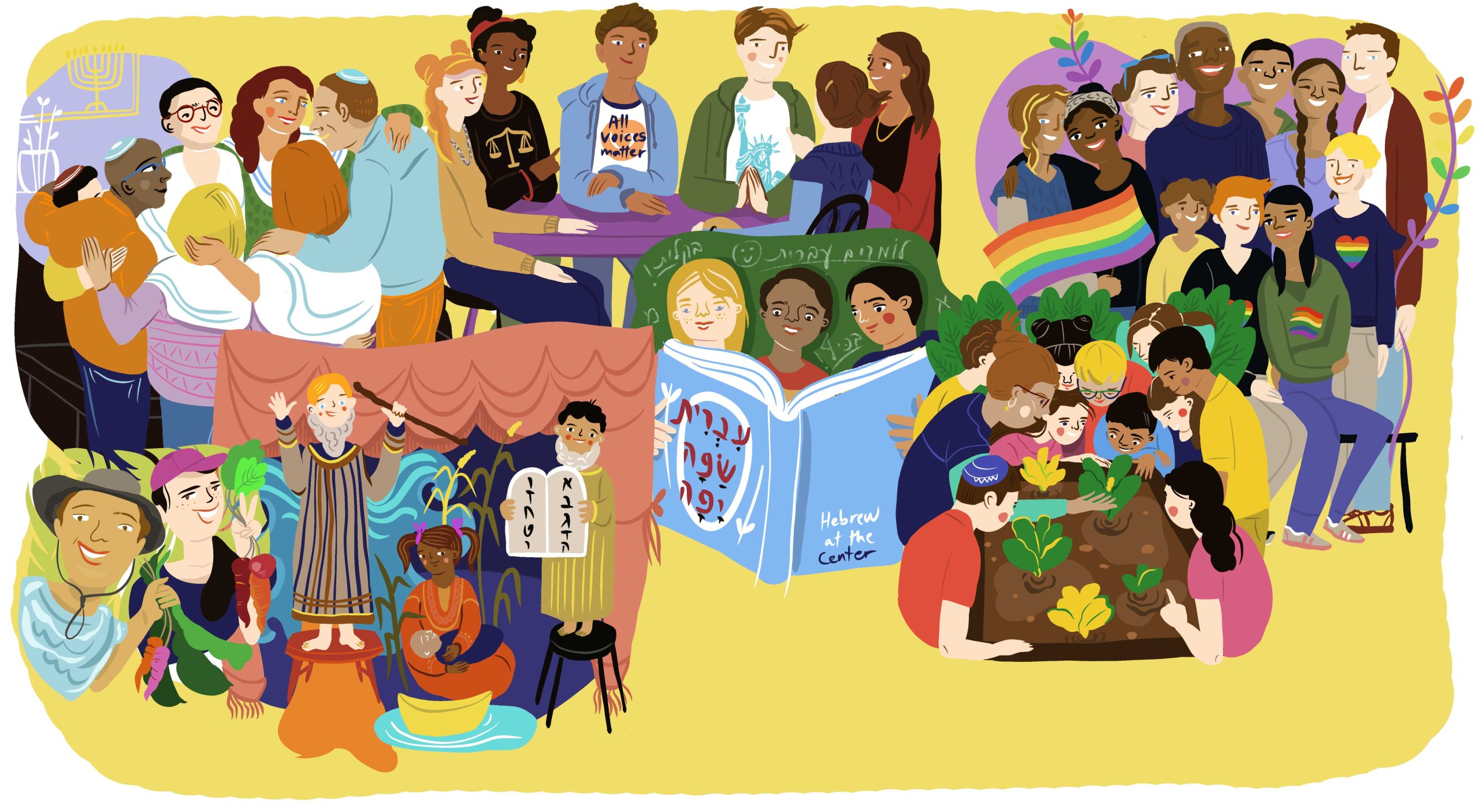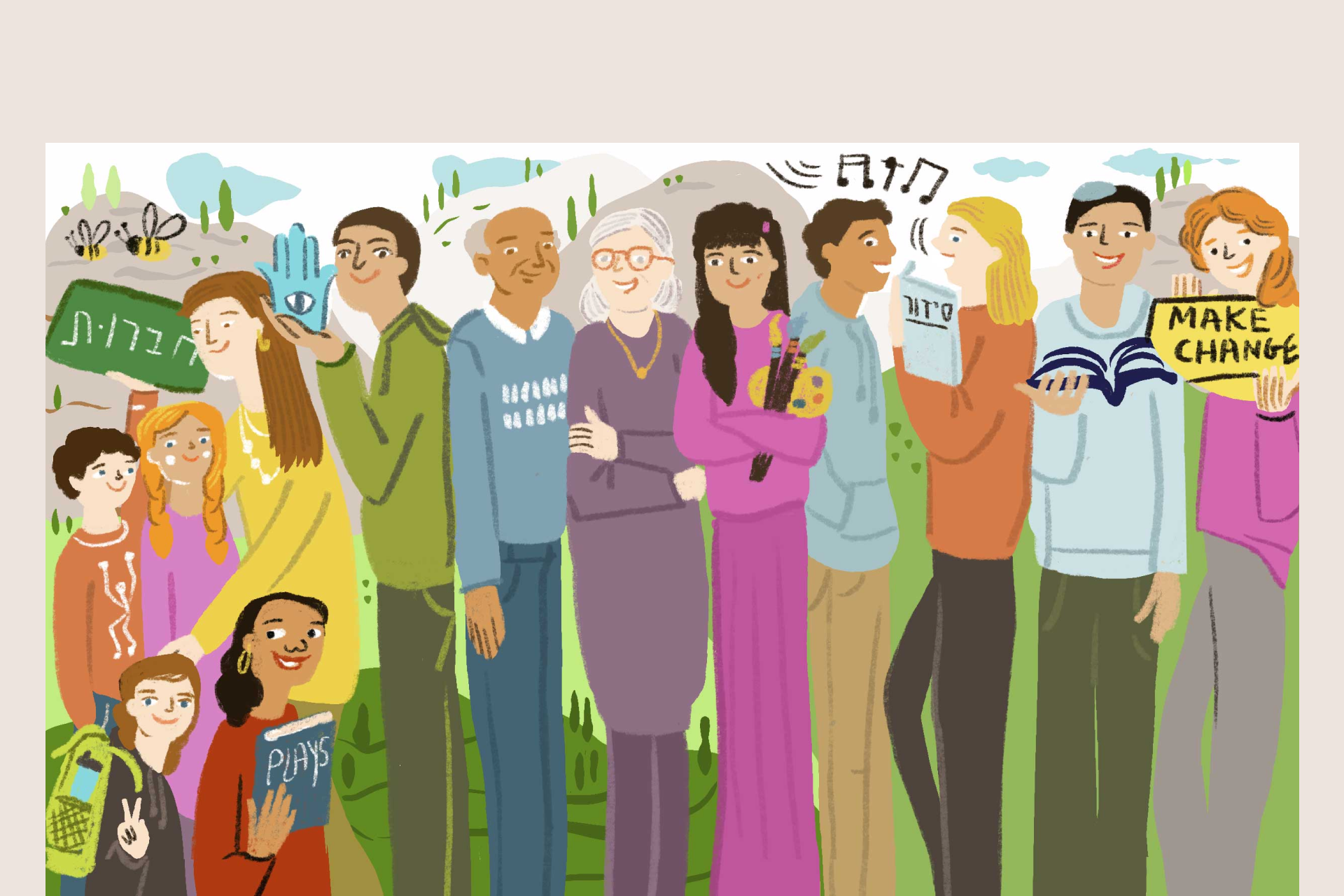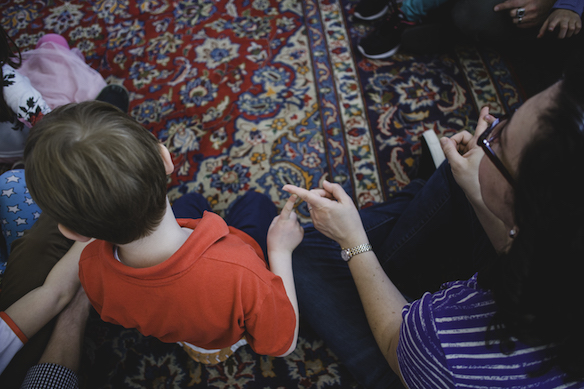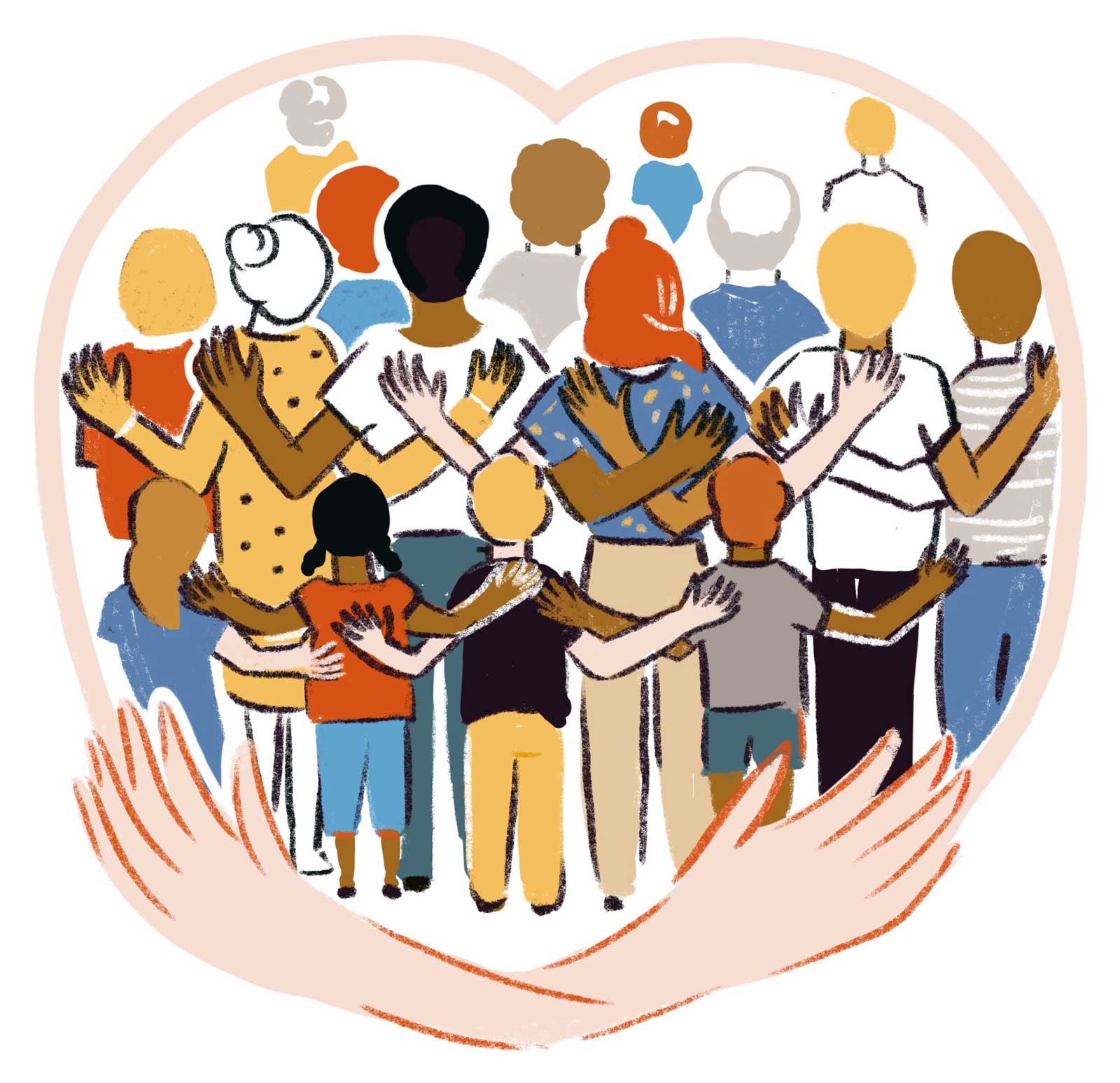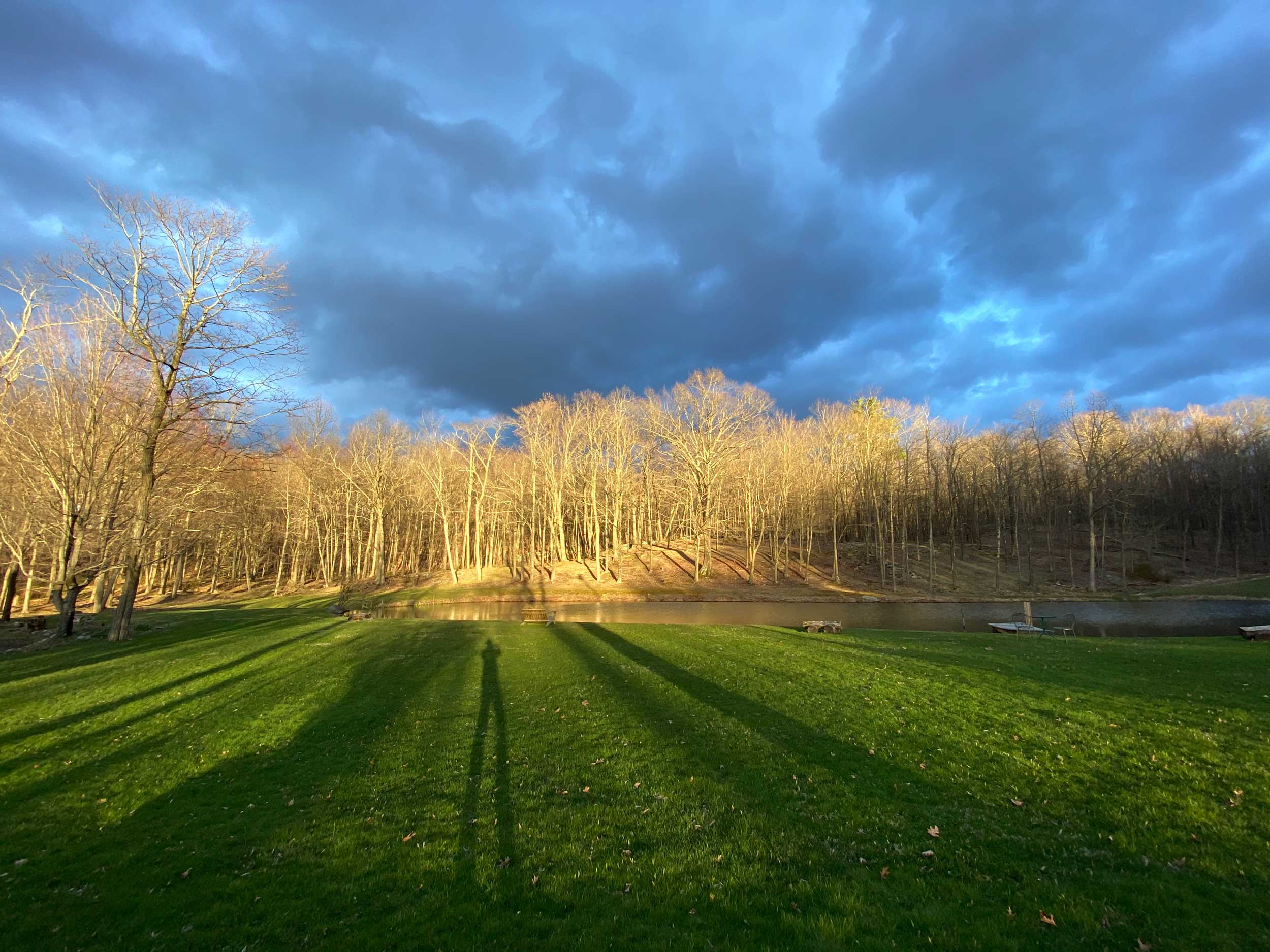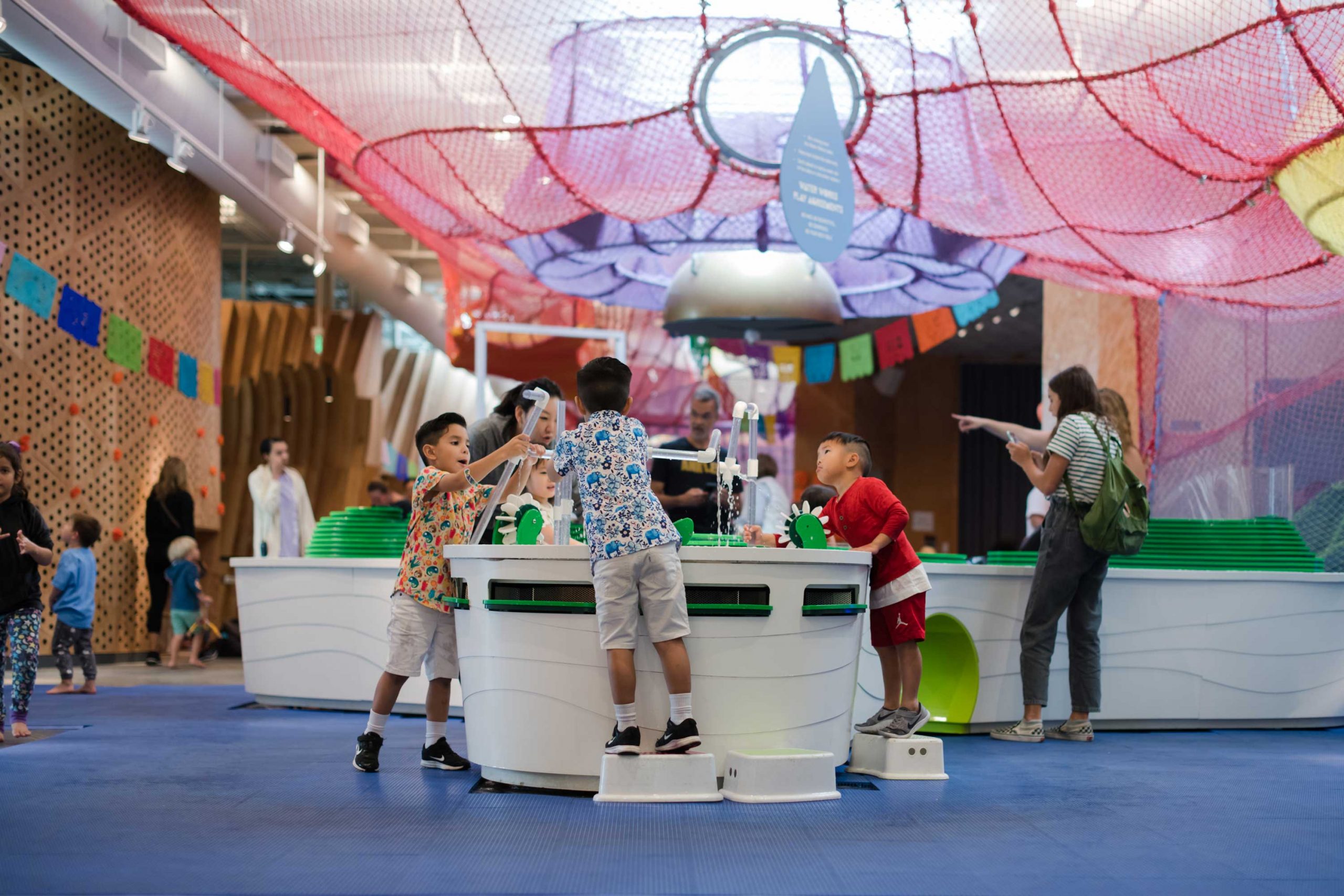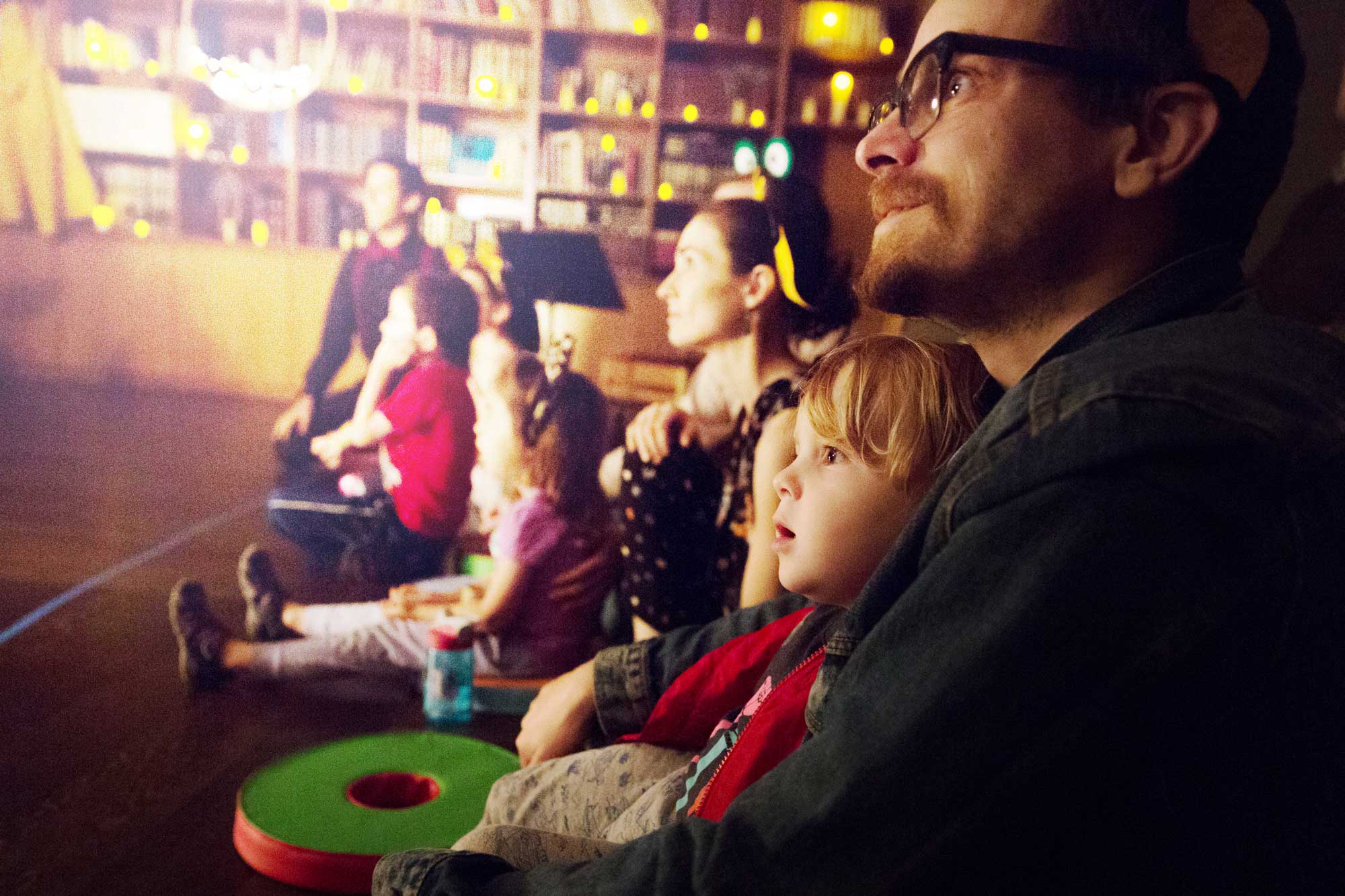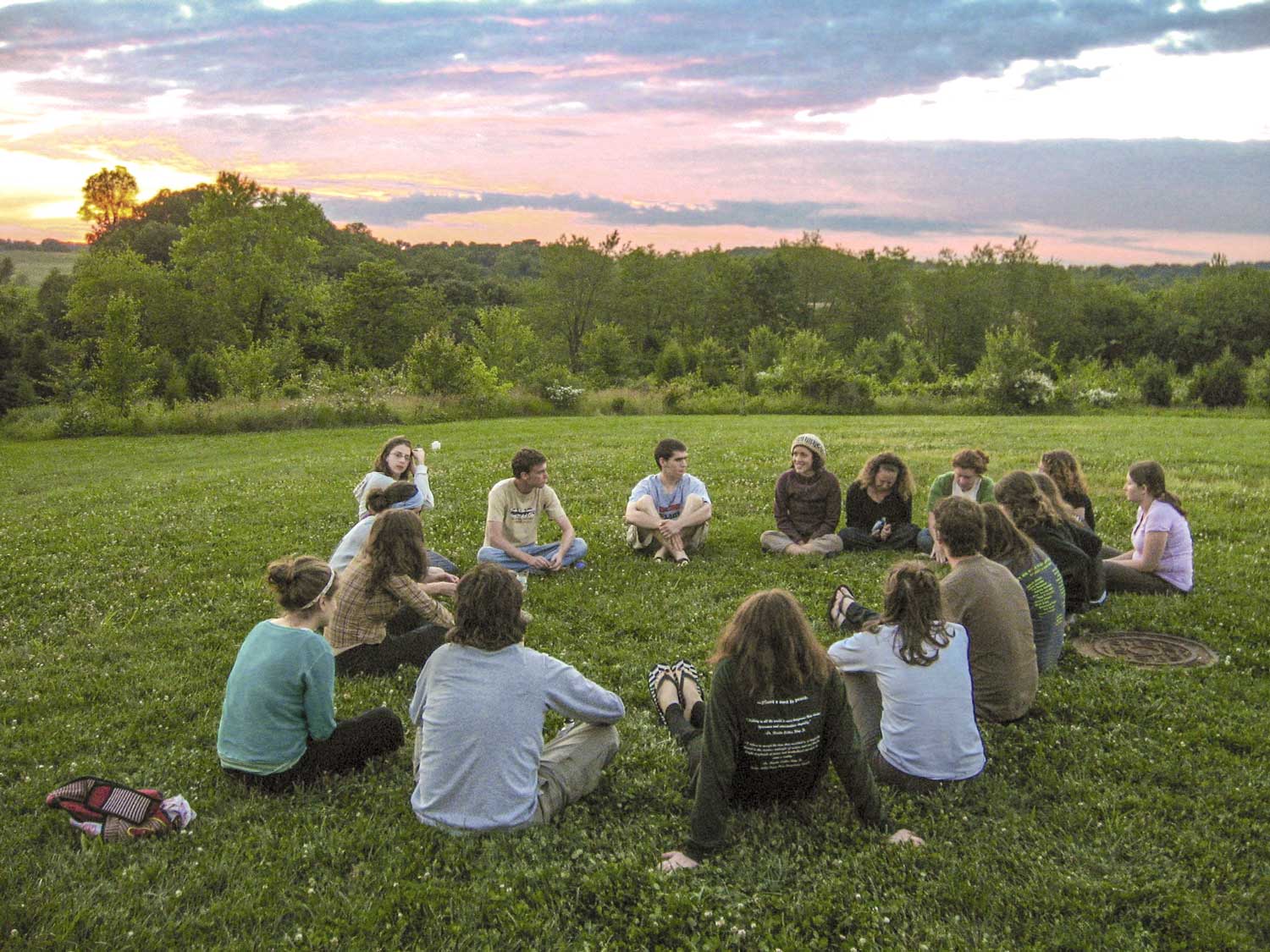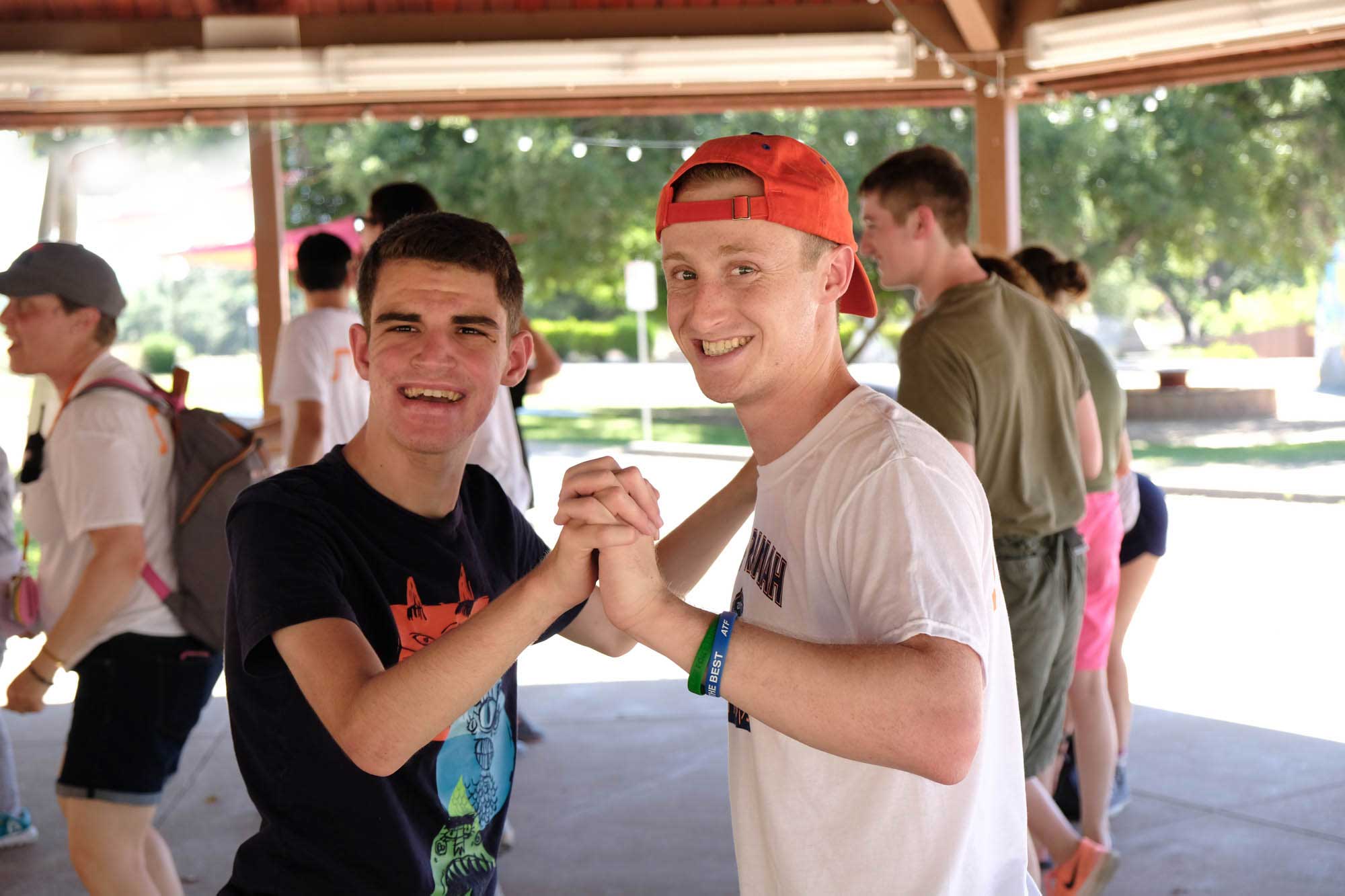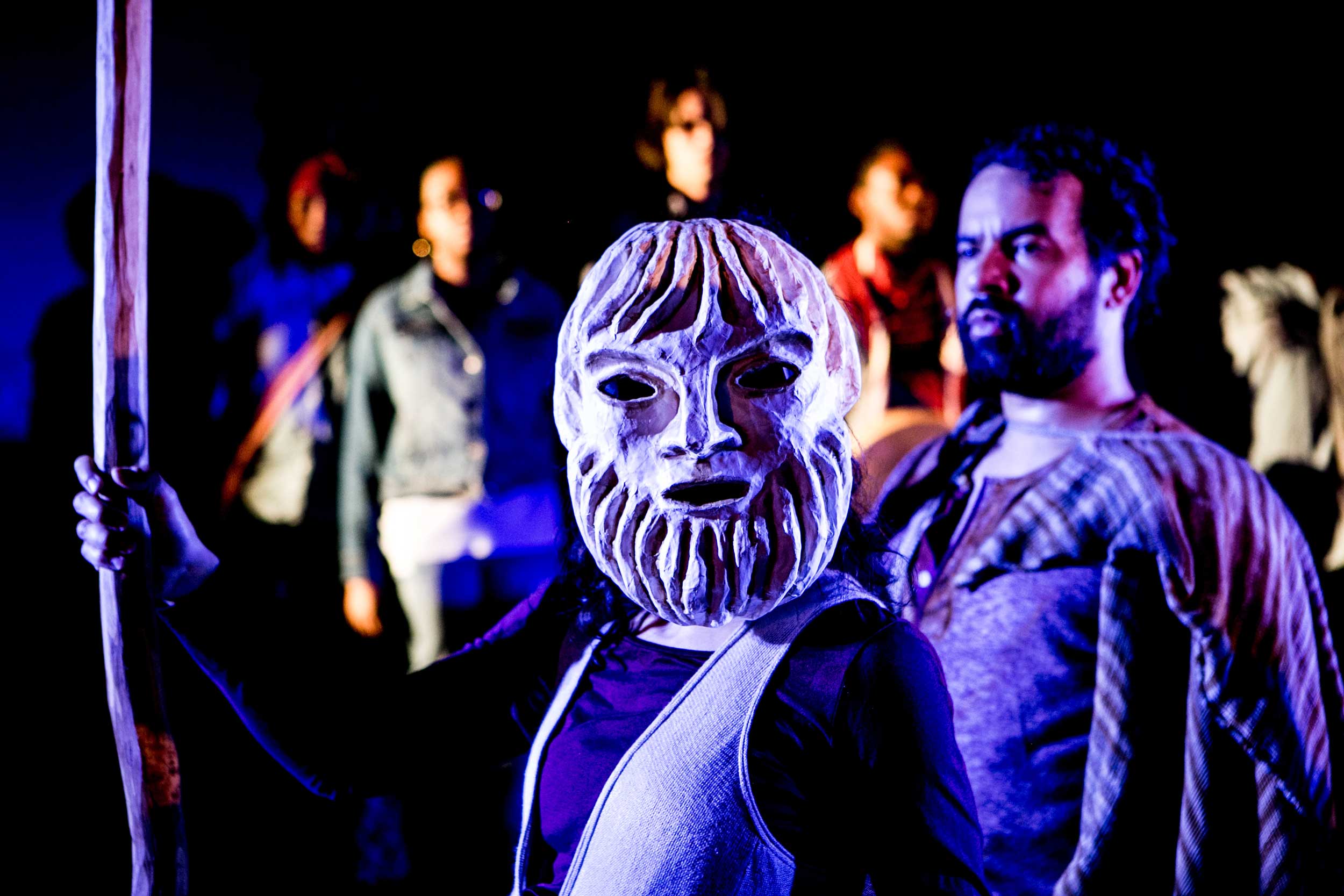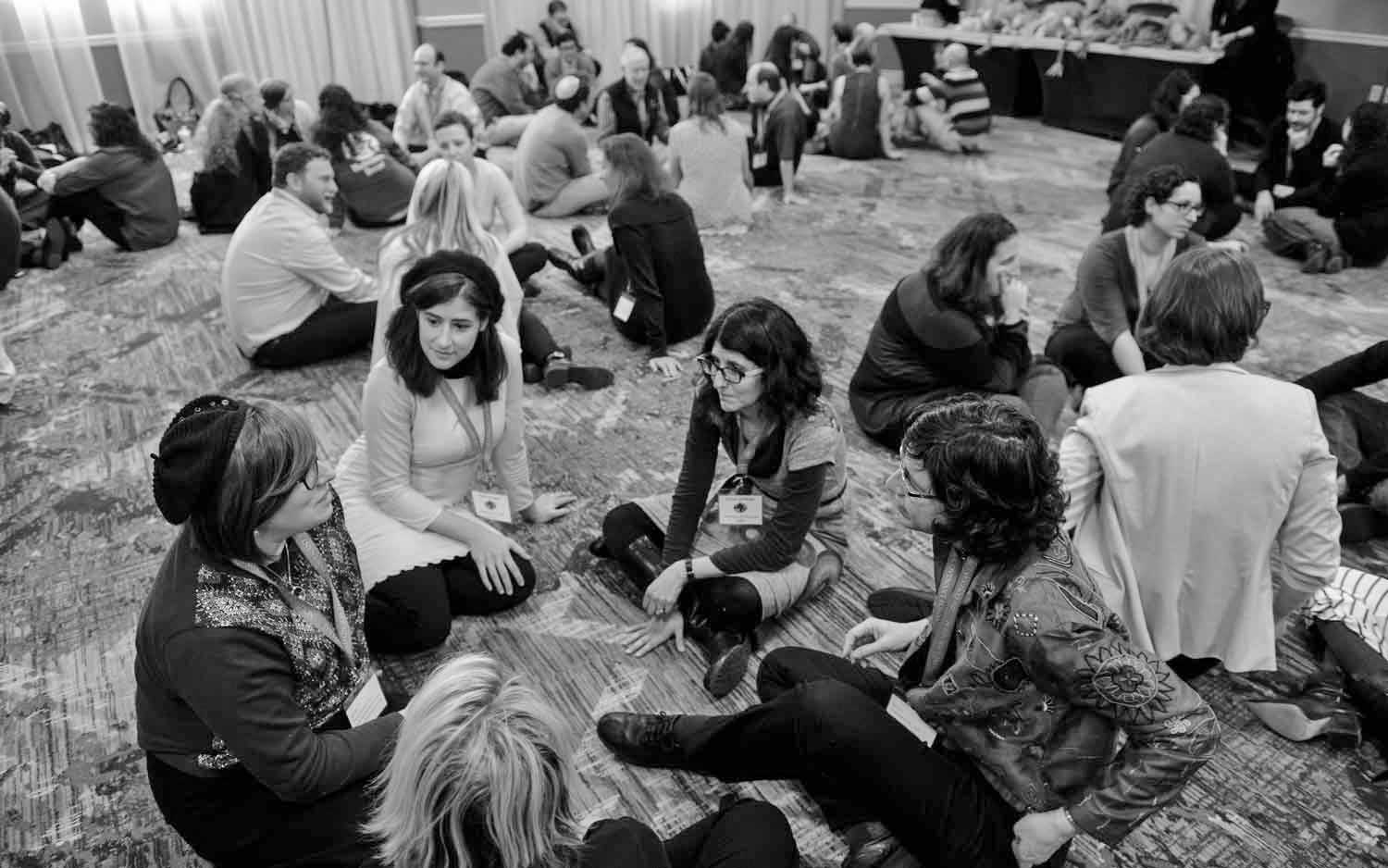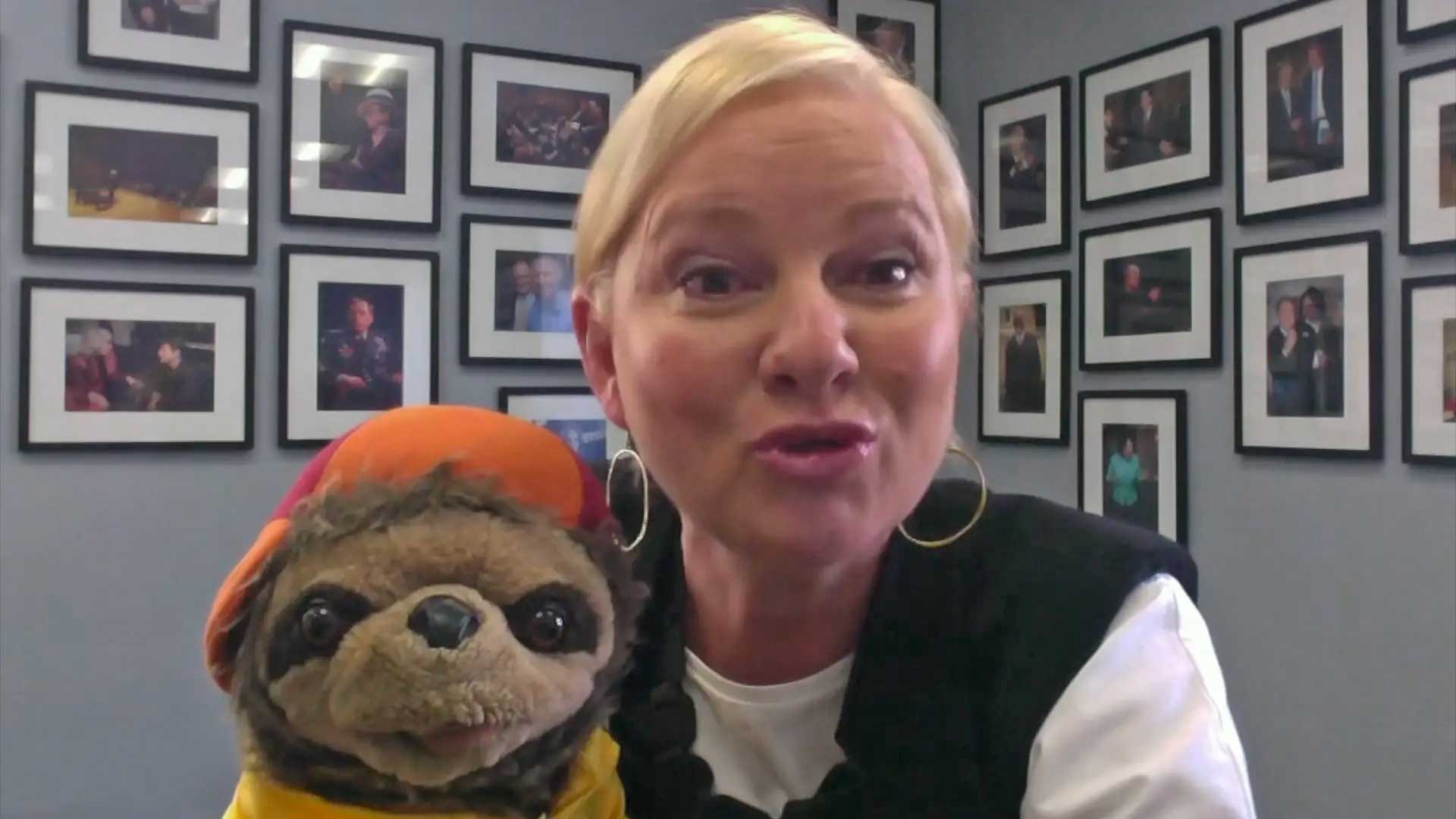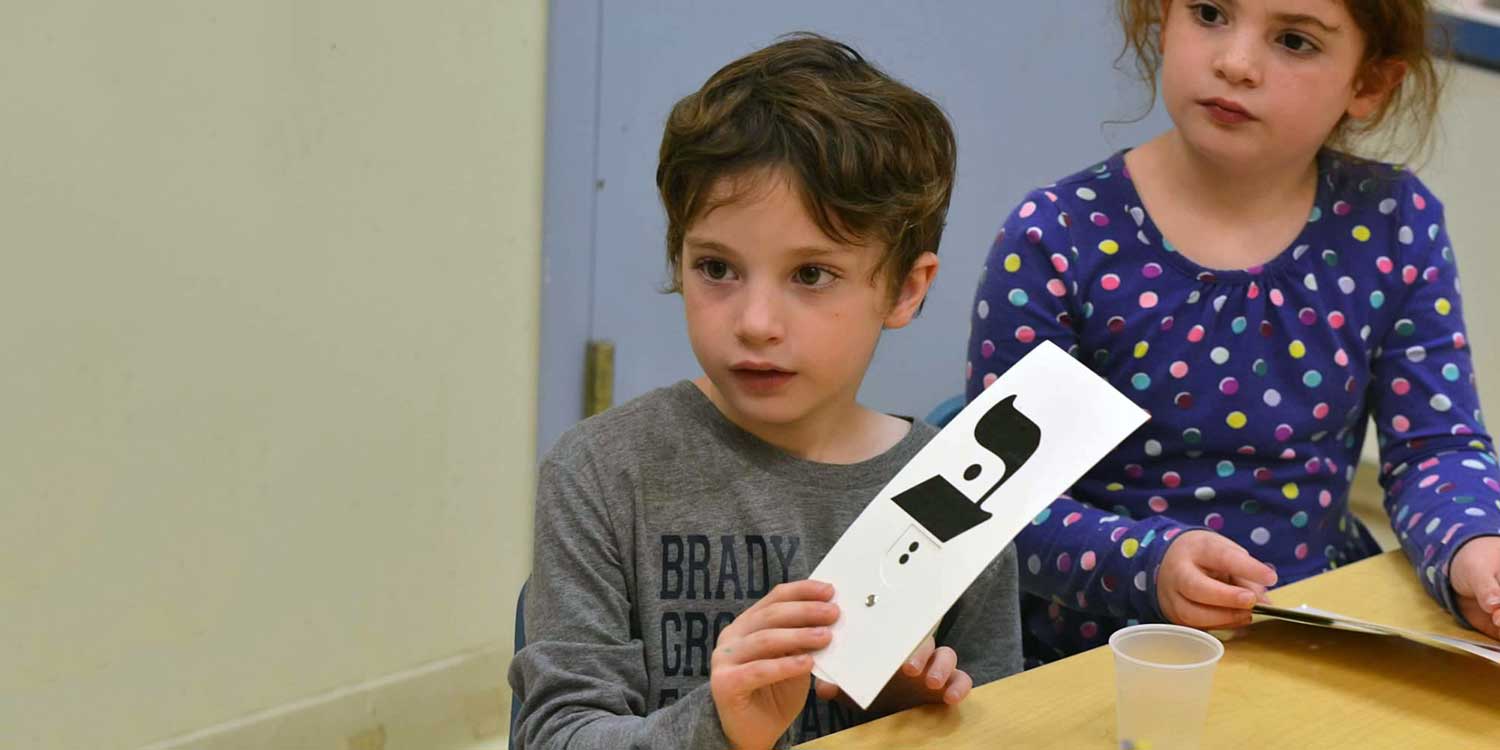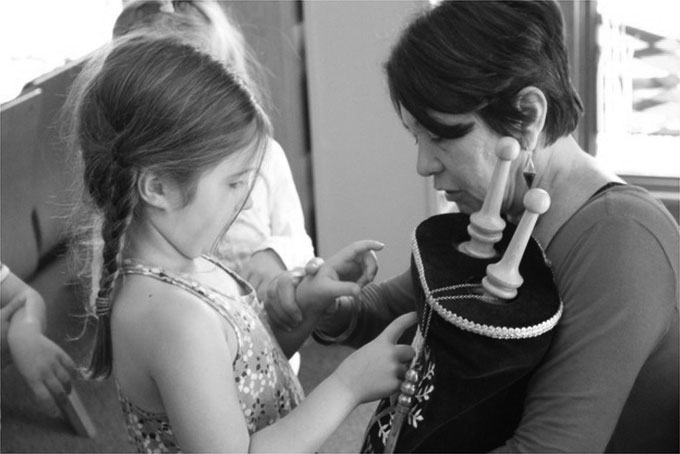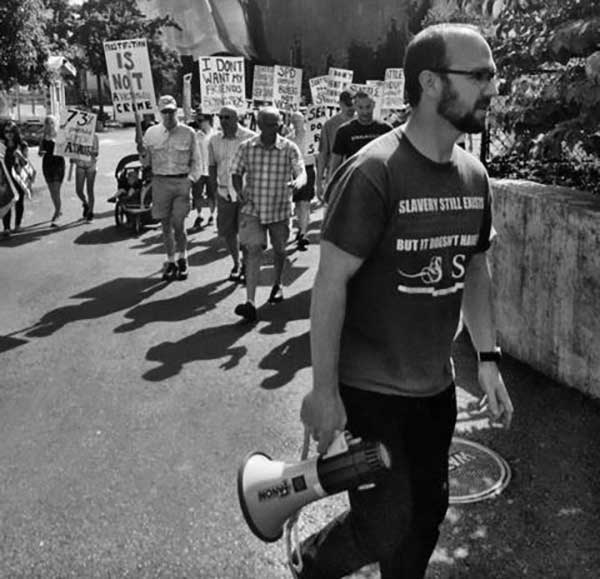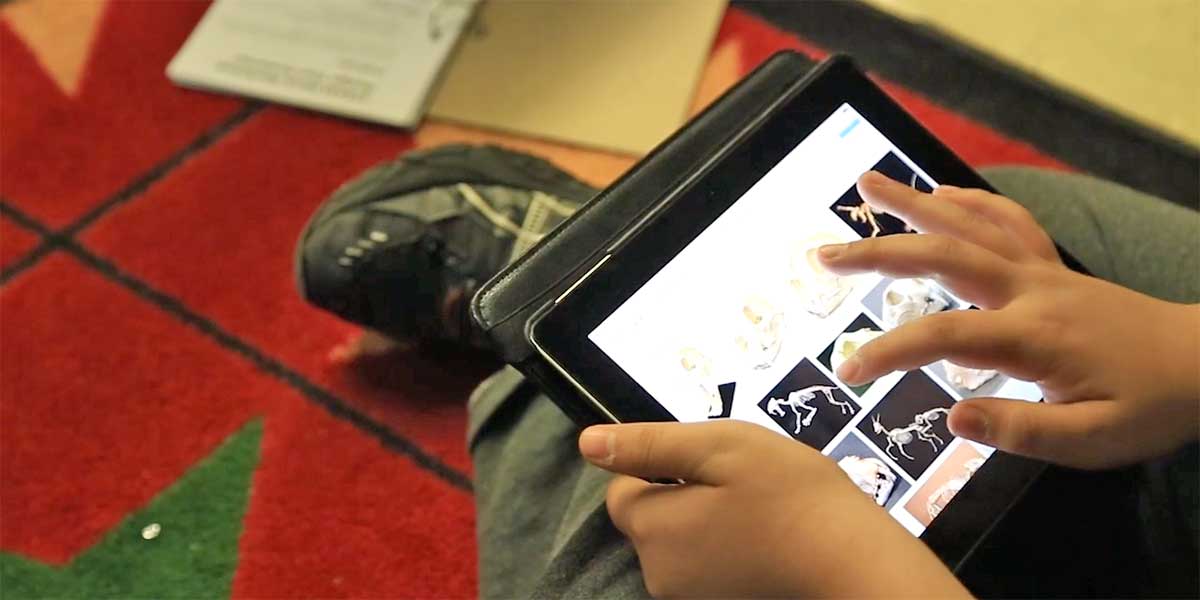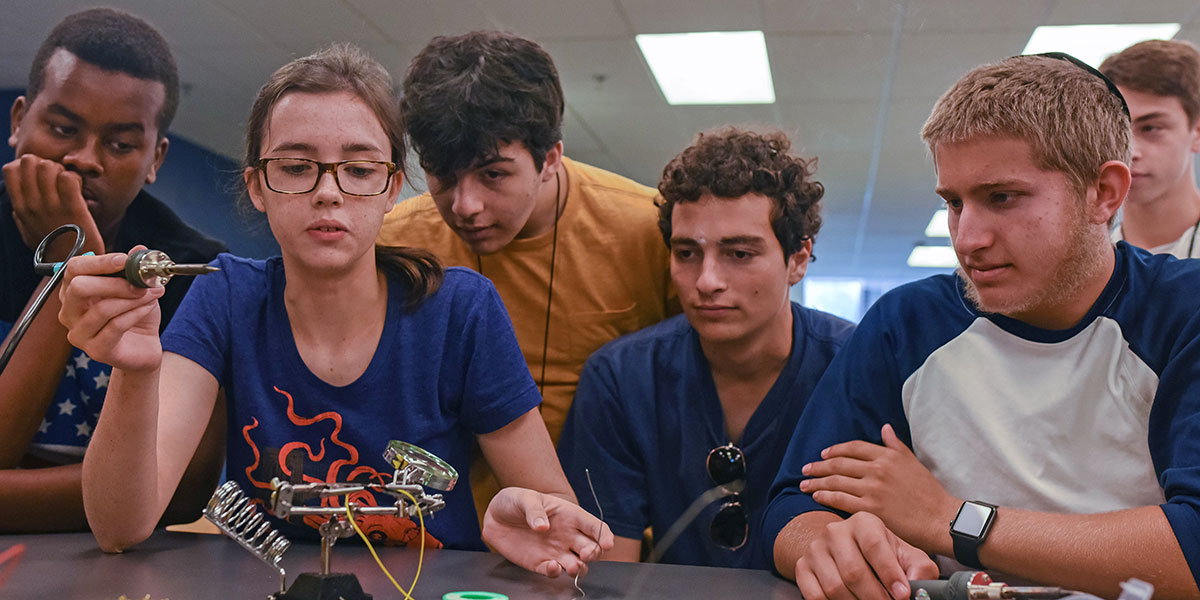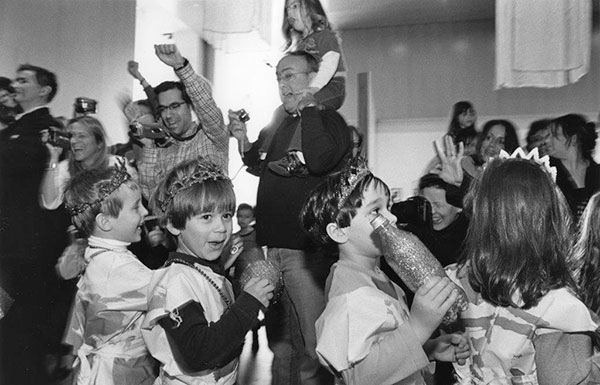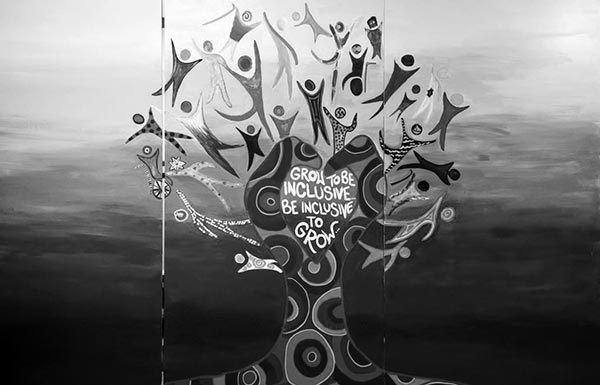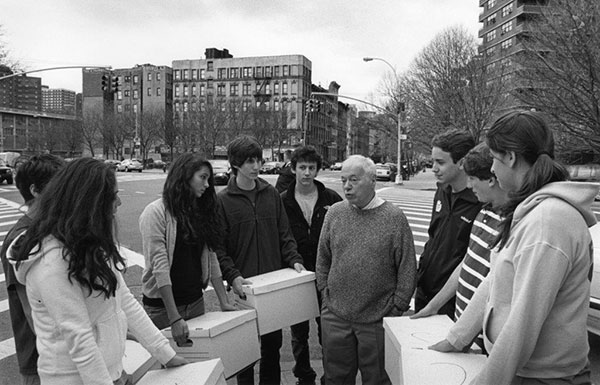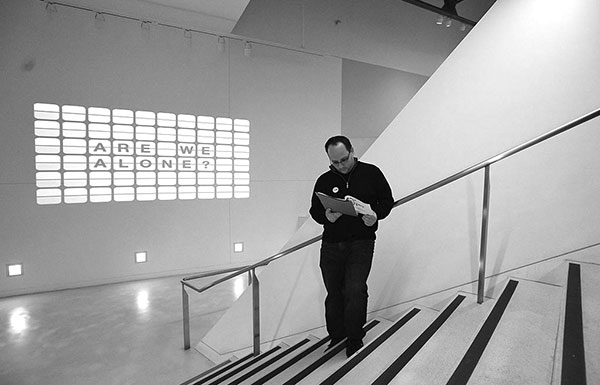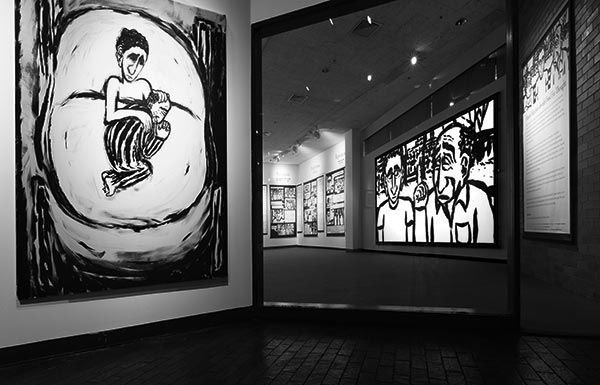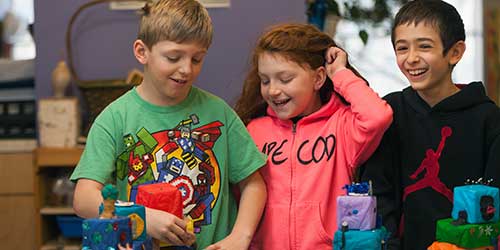
ARTICLE The Tikkun of the Jewish Journey Project
In the ongoing conversation about Jewish supplementary education, there are lots of central questions. What is the best setting? How much should retention of knowledge matter, versus deeply engaging programming? How often should students attend? What should the nature of parent participation be?
The list of questions goes on, and for each, there’s a spirited and thoughtful debate.
But what if we boiled all of those musings down into these two essential questions:
“What do we need to do to strengthen Jewish life? And how do we enable our children to have a sense of wonder, excitement and joy in the Jewish tradition that they are a part of?”

These are the questions that Rabbi Joy Levitt, Executive Director of the JCC Manhattan, asked herself upon founding the Jewish Journey Project, an initiative designed to “revolutionize Jewish education for children,” five years ago.
Levitt didn’t find that the traditional classroom setting was the answer. “I guess the most radical thing I could say is that I’m not convinced the school setting is the right model for the transmission of values, culture, or language,” Levitt said. “But the issue isn’t whether supplementary education should happen in synagogues or not,” she added. “Synagogues can be part of the solution... But where we locate experiential learning for kids isn’t as relevant as starting with what kids need.”
And what does a typical 10-year-old need in a supplementary education? And where does an educator go to find out? For Levitt and her colleagues, as they developed JJP, they spent time with educators in many places, including those working at Bank Street College of Education, and they started by asking simple questions, like: “Who is a 10-year-old?”
“This is a very tough age,” Levitt said. “Emerging out of childhood and into adolescence, things are happening to bodies and brains, and what these children need is complicated. So for example, from a Jewish perspective, it seems to me that they need to learn moral courage. And the Jewish tradition is replete with lessons of moral courage. As Jewish educators, we need to understand that the decisions they make every day—fighting a bully, or standing up for someone more vulnerable, or finding their voice—are the central challenges kids face,” Levitt said.
“But as long as we make Jewish supplementary education about the accumulation of information and not focused on their central challenges,” she continued, “then Judaism will not be a source of inspiration, comfort and belonging for these kids, and that place, whatever it may be, will be up for grabs.”

Levitt then relayed a personal story to drive her point home. She spoke about her time as a congregational rabbi, 25 years ago. During that time, she taught in her synagogue’s afternoon school and had one student who struggled with hyperactivity and was highly disruptive in the classroom, even throwing chairs out of the classroom windows. Levitt called the student’s mother, who argued that ‘Hebrew school wasn’t real school,’ and she wasn’t particularly concerned about her son’s behavior while he was there. Levitt then told this parent that she had a choice to either address the issue, or the student could no longer come to Hebrew school.
“In many ways,” Levitt reflected, “the Jewish Journey Project is the tikkun of that experience. It’s not that I was wrong about the need to address this student’s behavior, but the central question is how do we help that kid—regardless of his individual needs—love being Jewish.”
To that end, the JJP is rooted in a flexible model for children in 3rd-7th grades, and offers courses held at several partner synagogues and at the JCC Manhattan weekly from Monday-Thursday. The program takes advantage of rich opportunities to engage outside of the classroom, making use of the vast Jewish resources of New York City.
In addition, the Jewish Journey Project offers small classes and different learning modalities aimed at resonating with all families, including those with children who have special needs. There’s also a learning specialist on the JJP staff that can help families choose which classes might work best for children.
All JJP students plan and build their own personalized learning journey by choosing courses and workshops that match their interests, like Architecture: DIY Building, Discovering Israel Through STEAM, Judaism, Animals and Us, and Torah Stories and Stop Motion Animation, to name a few.
“The beauty of this program is that children and families have a lot of choices, our teachers have great expertise and then we put that together with Jewish content,” said Rabbi Lori Forman-Jacobi, director of the Jewish Journey Program. “The range of experience that we can offer students knows no bounds.” Forman-Jacobi added that since the JJP is self-selecting, this helps to address some of the behavioral issues that tend to arise in more traditional Hebrew school settings.
“Because we also do advising sessions with parents and meet with families one-on-one, we can articulate long term goals, go over new courses that we’re offering and help guide parents and children to consider classes and topics that might be outside of their comfort zone. Since kids are choosing topics that interest them, this helps to cut down on the sense of being forced to attend afternoon school,” she said.
“Whatever you do after-school has to be at least as good if not better than the school environment that a student is coming from during the regular daytime hours,” Levitt added. “If you give a student a high quality experience after school, there’s a high level of motivation for that child because the programming is really good.”
So we know that a child might want a Jewish supplementary setting to address the challenges relevant to his or her life, and we know a child wants innovative and engaging programming that would engage and contrast with what he or she does during secular school hours. But what about parents? What do parents who seek an alternative to synagogue school, want out of a supplementary Jewish education for their child?
“We know that parents want their child to feel good about being Jewish, have Jewish values, and know their way around Jewish life—that is, how to participate in a Passover seder, light Hanukkah candles, and stand up in front of their community for a Bar or Bar Mitzvah,” Levitt said. “But there are so many other marvelous things that kids could experience through Judaism that, unless a parent has also experienced those things, they don’t know necessarily know to look for, or ask for.”
Ultimately, she offered this distillation: “I would like to help them have a Shabbat and holiday practice, a spiritual practice for their souls, a social action practice and a regular learning practice. If through our efforts we can lead families there, then that’s great.”
However, Levitt also added that when kids are between the ages of 6-12, there are really just two outcomes that truly matter: first, that they feel Judaism is the fertile ground in which they get nurtured to grow, and second, that they feel that it’s joyful.
“And I don’t think we’re there yet,” she concluded, “But I think all institutions ought to be figuring out how we best deliver that, for our families.”
